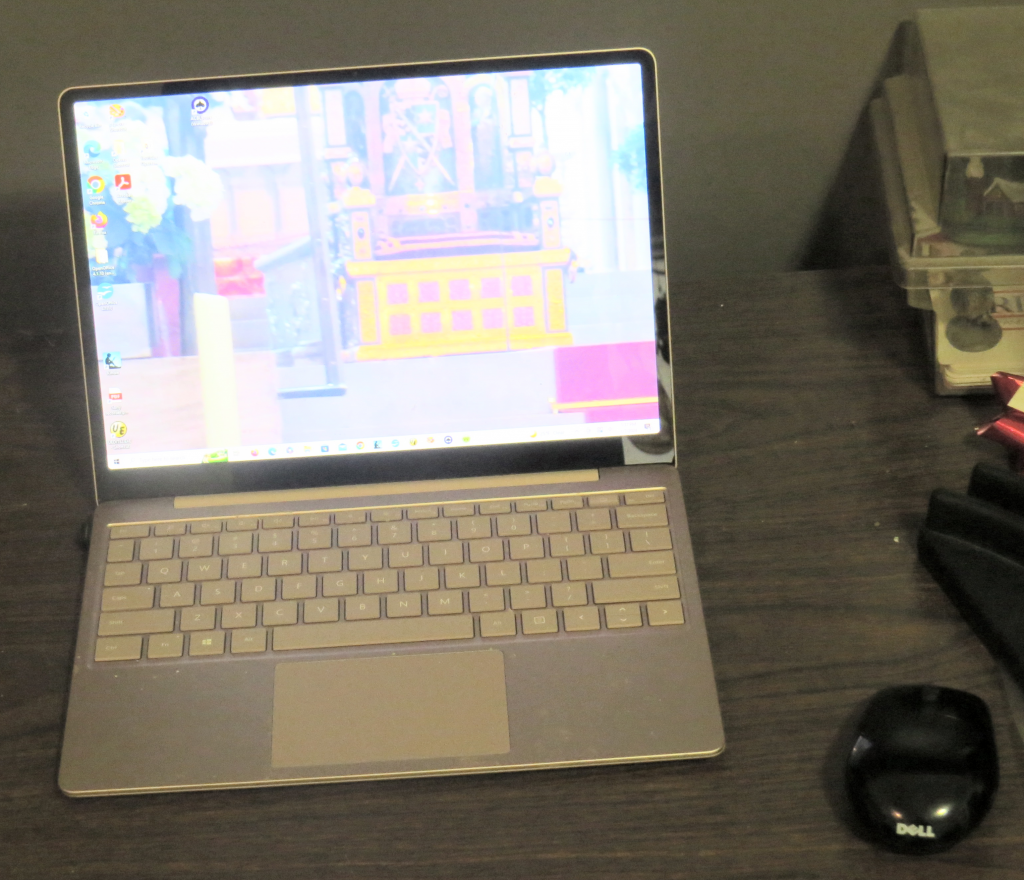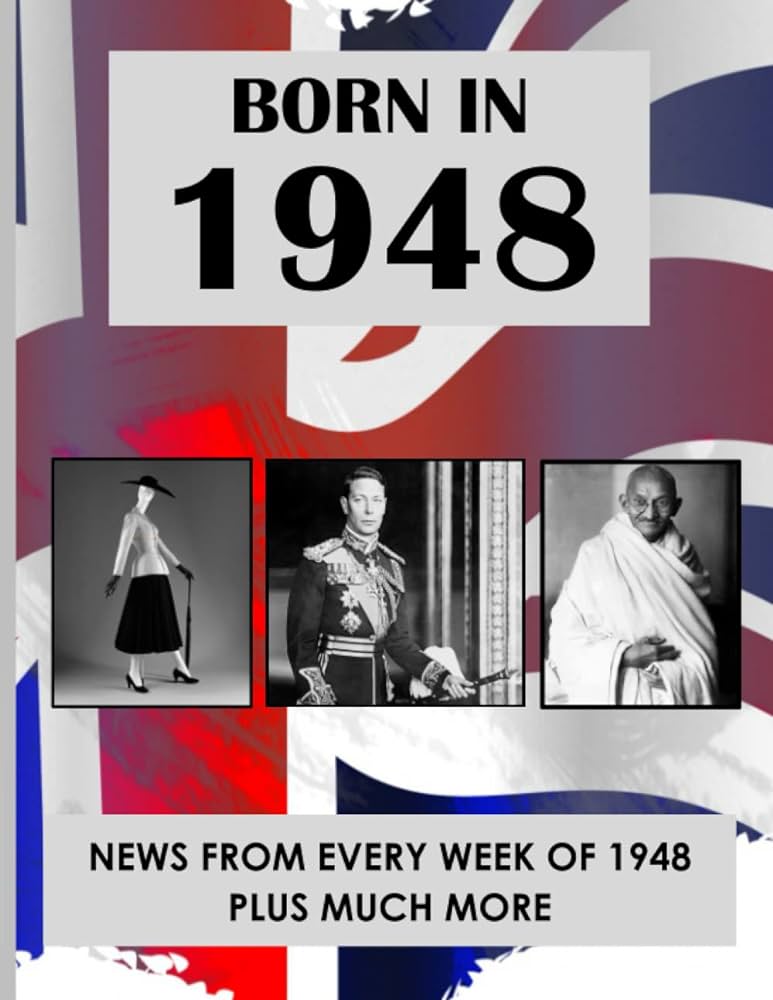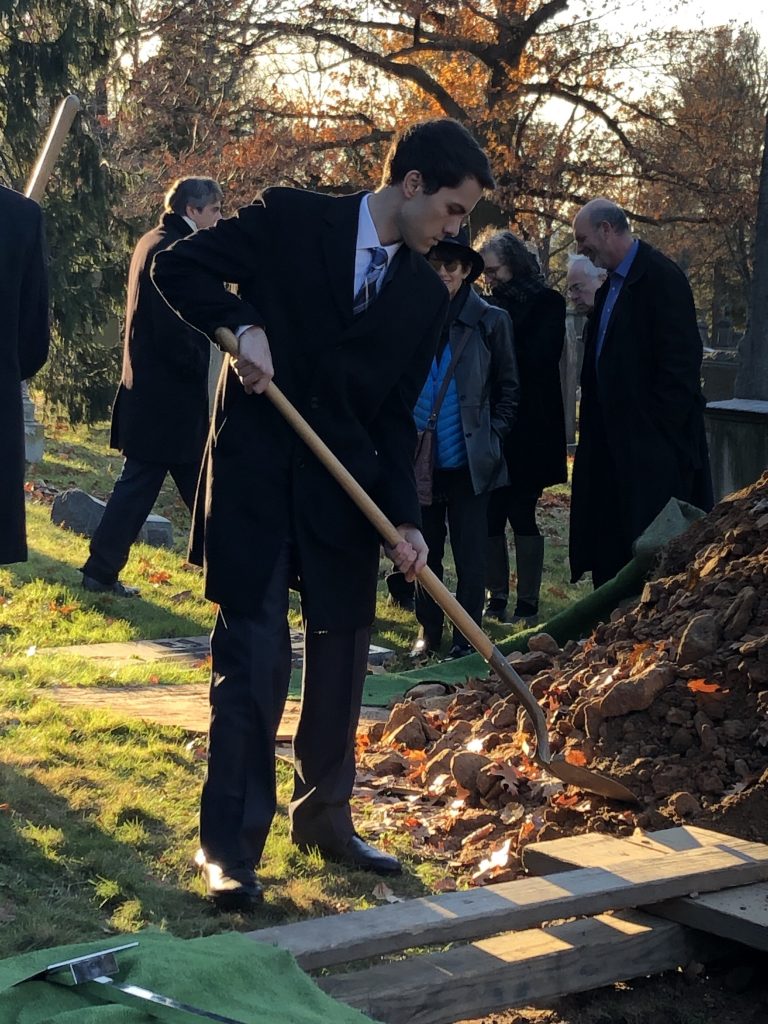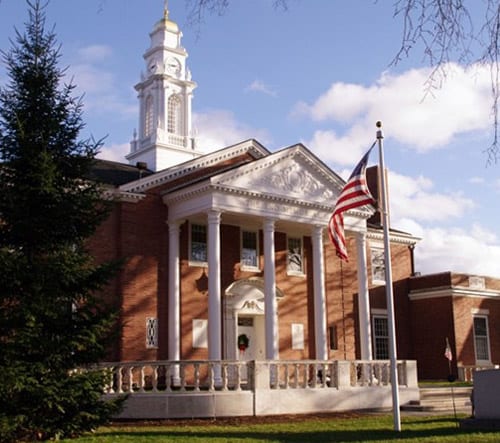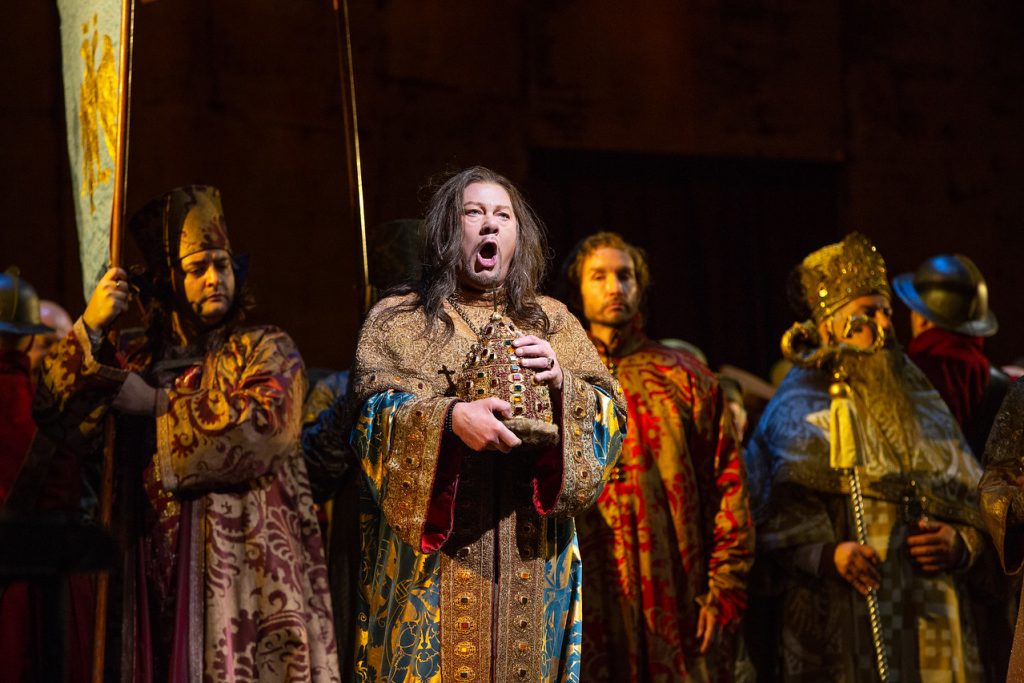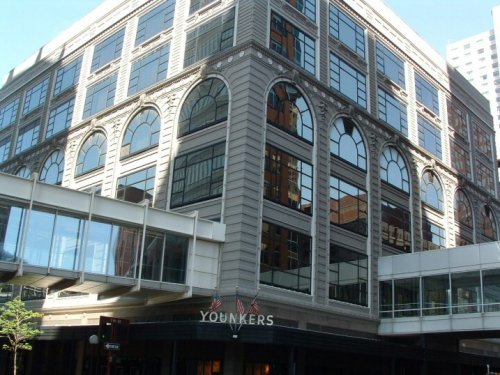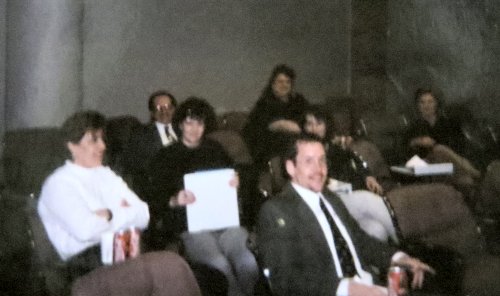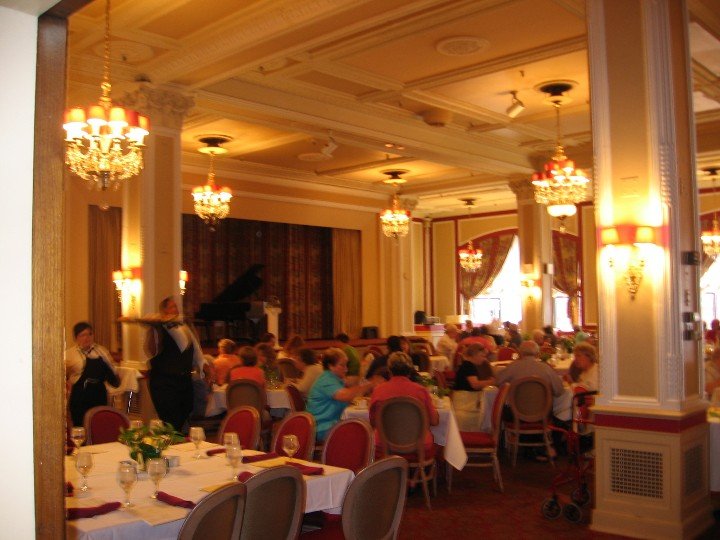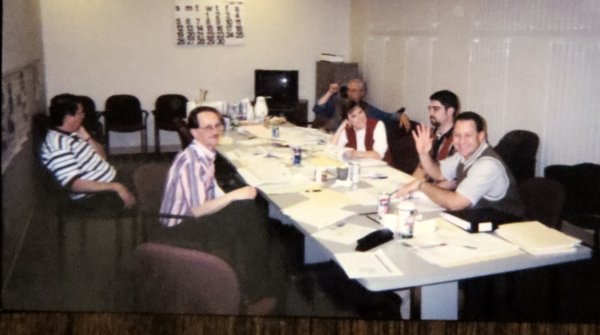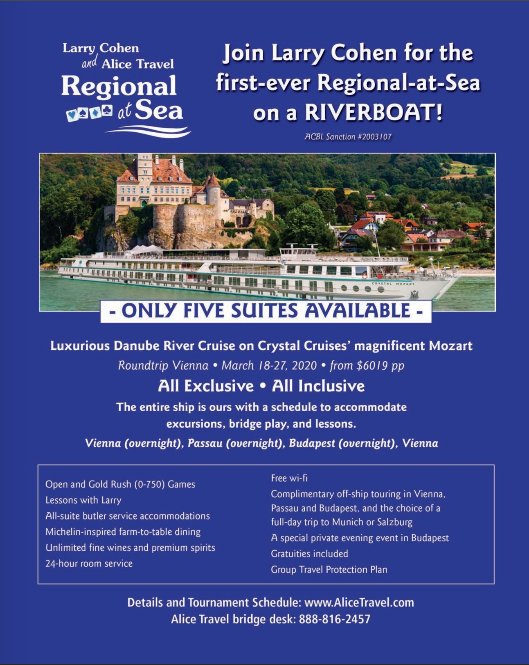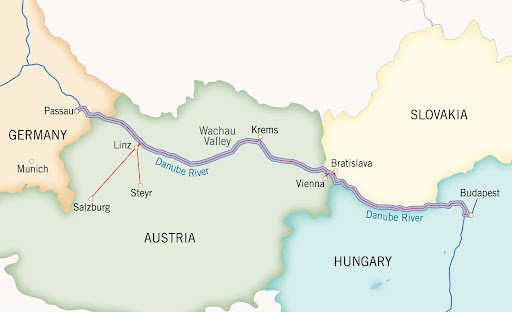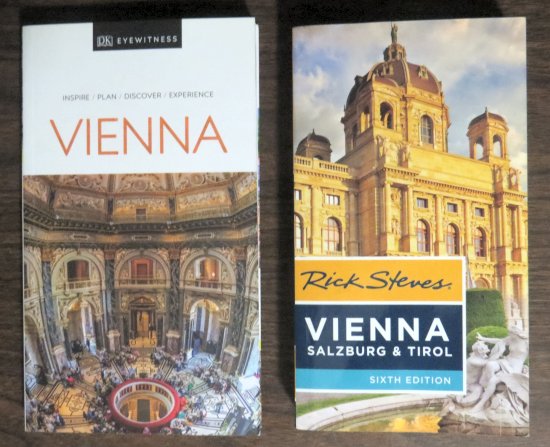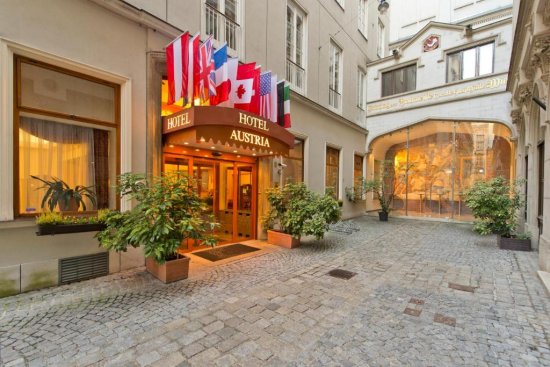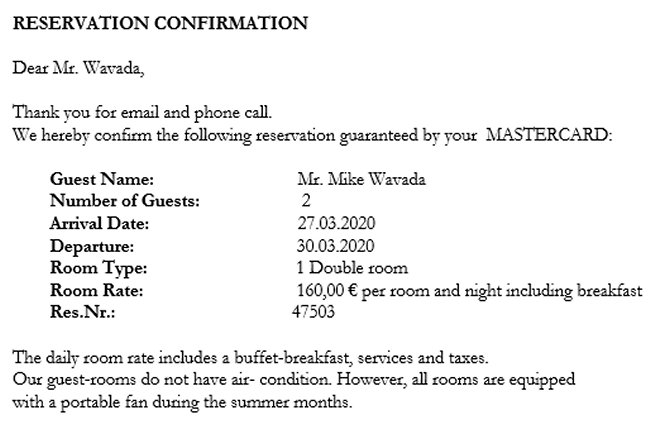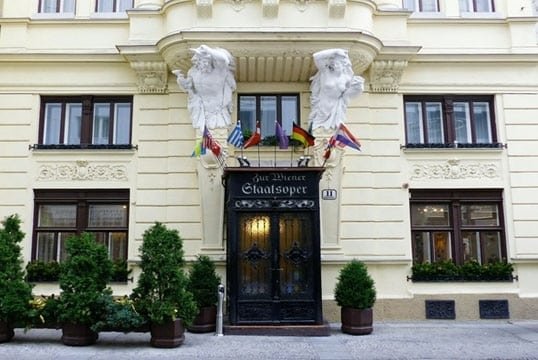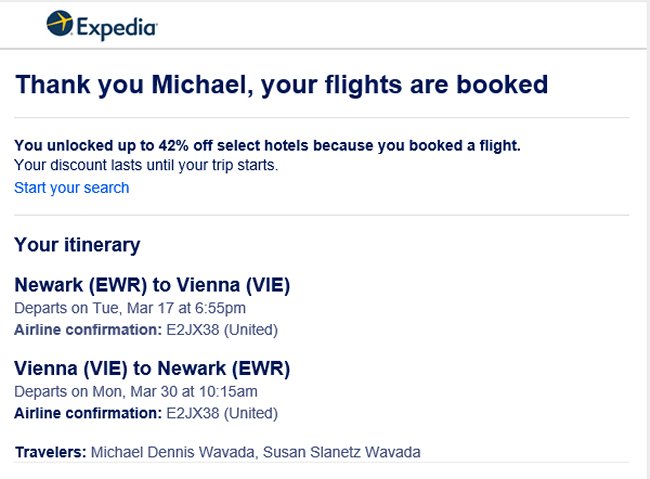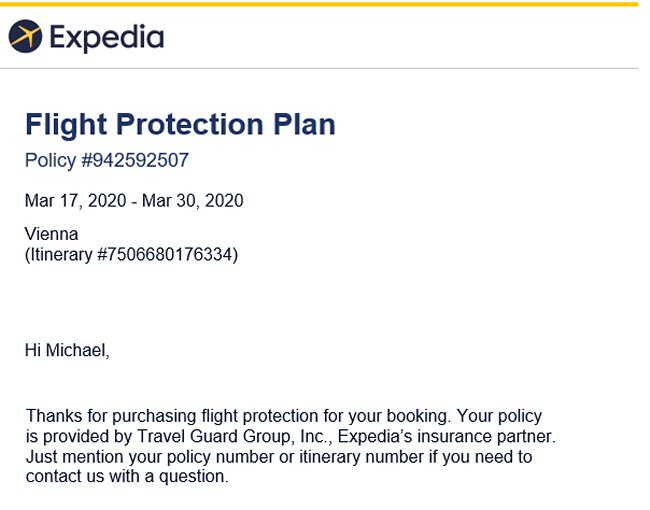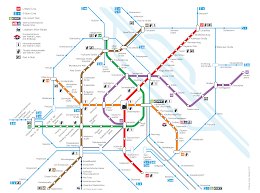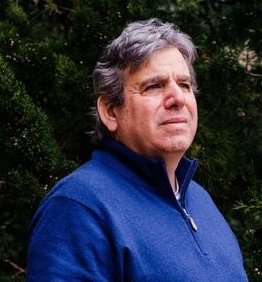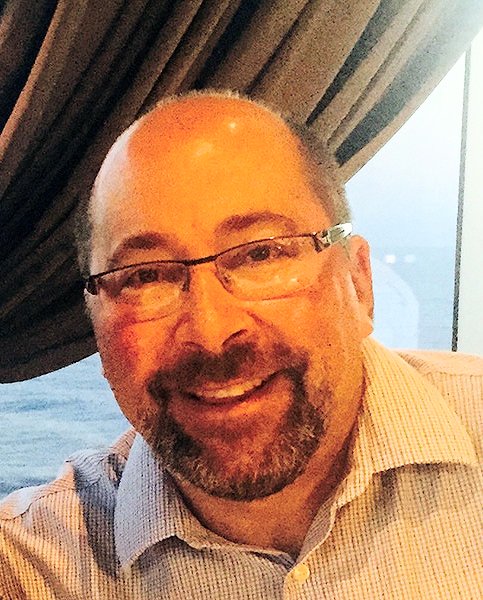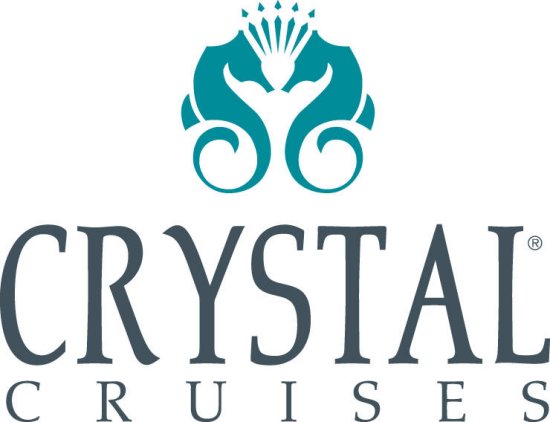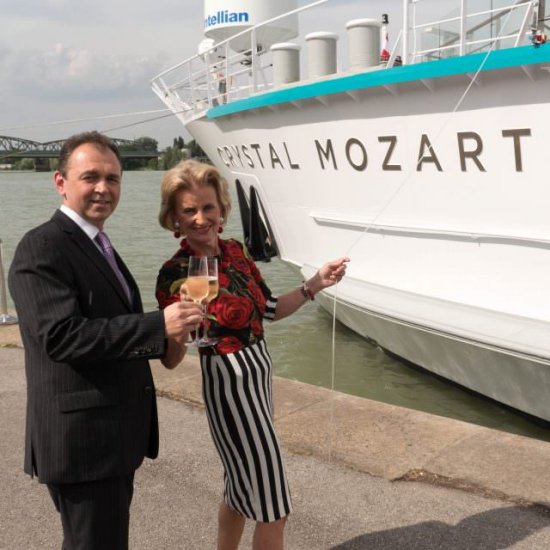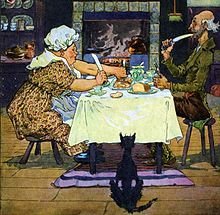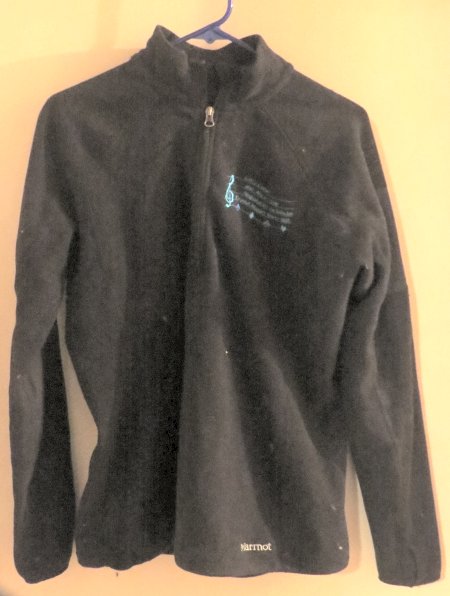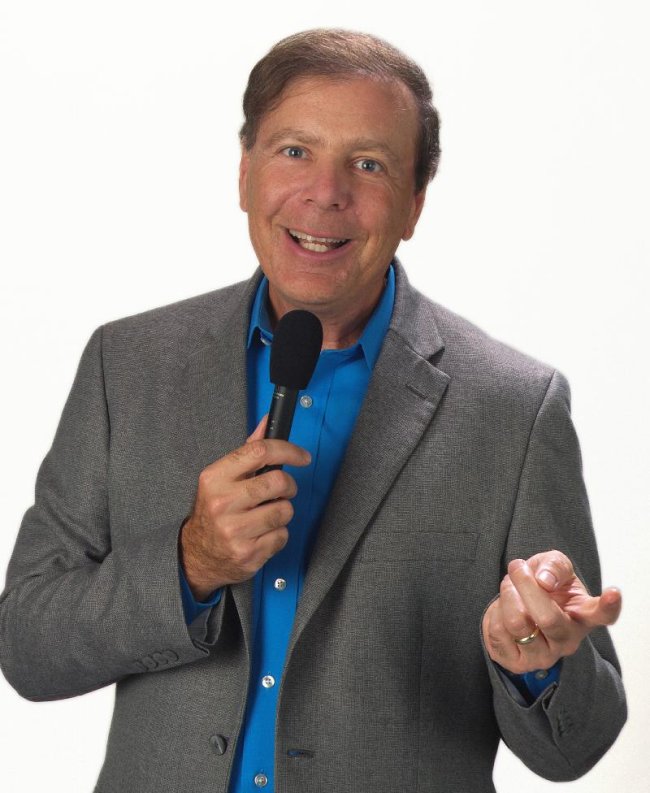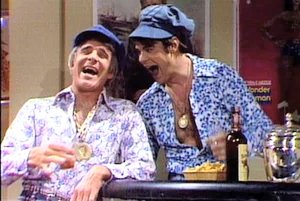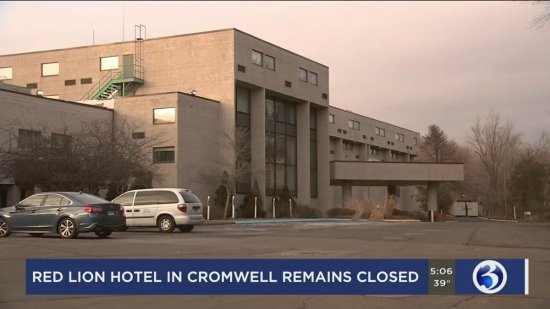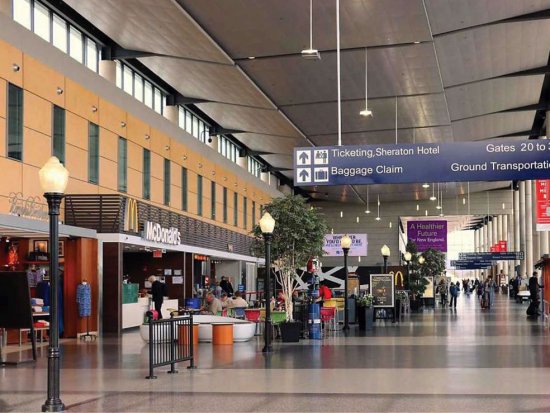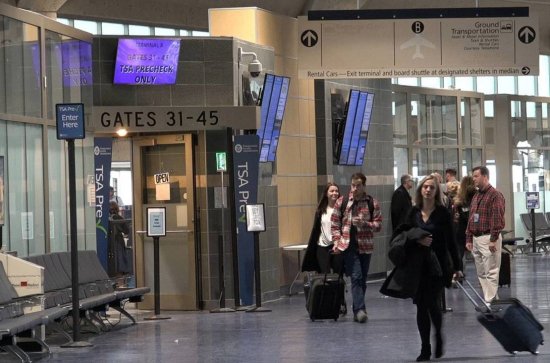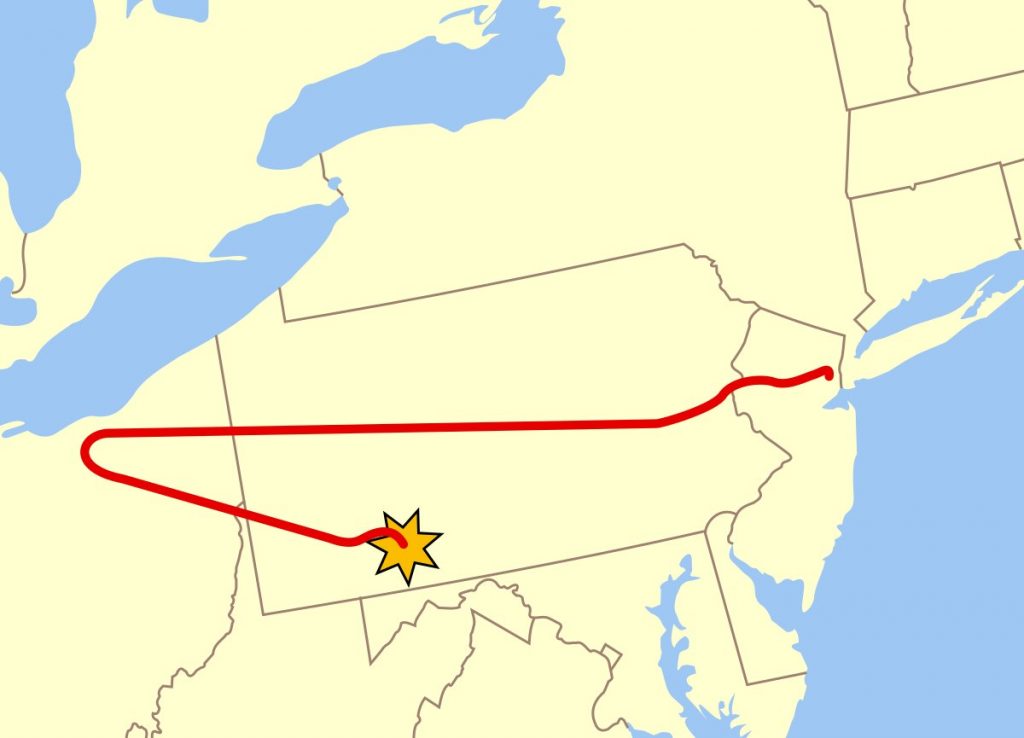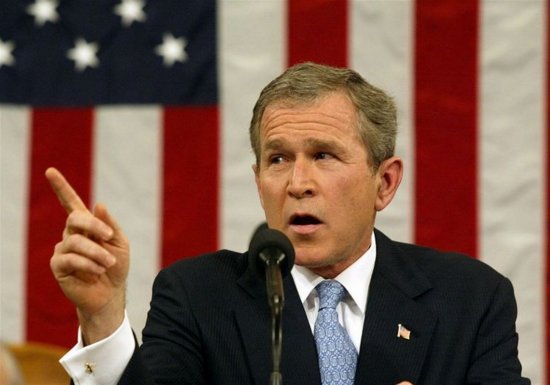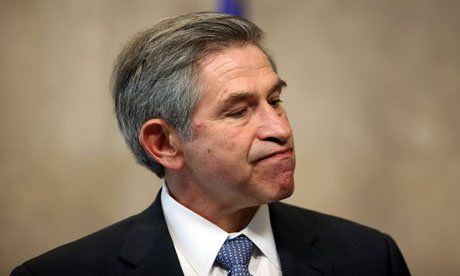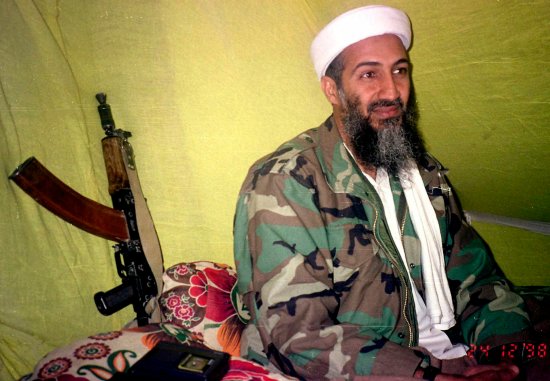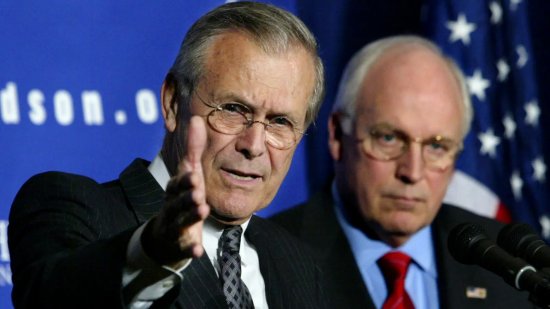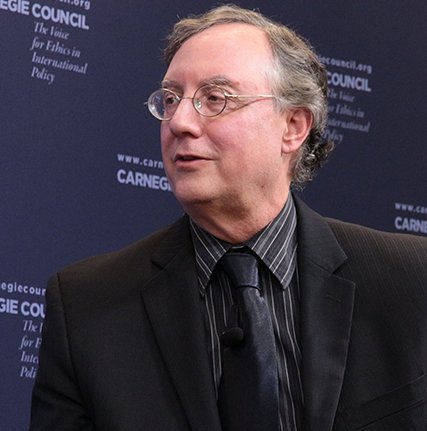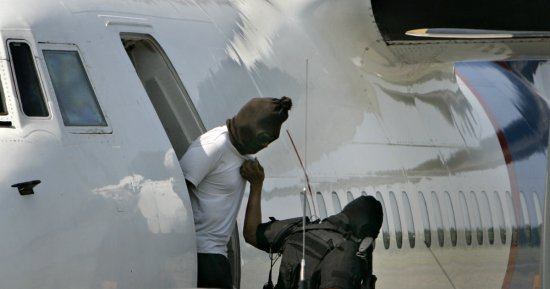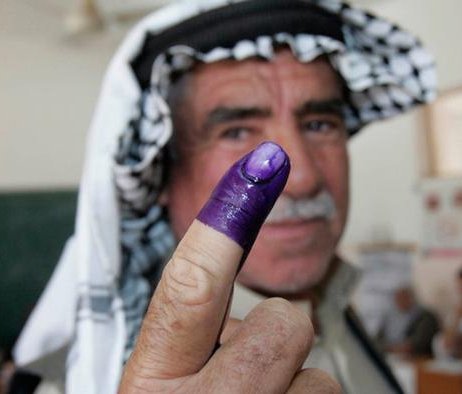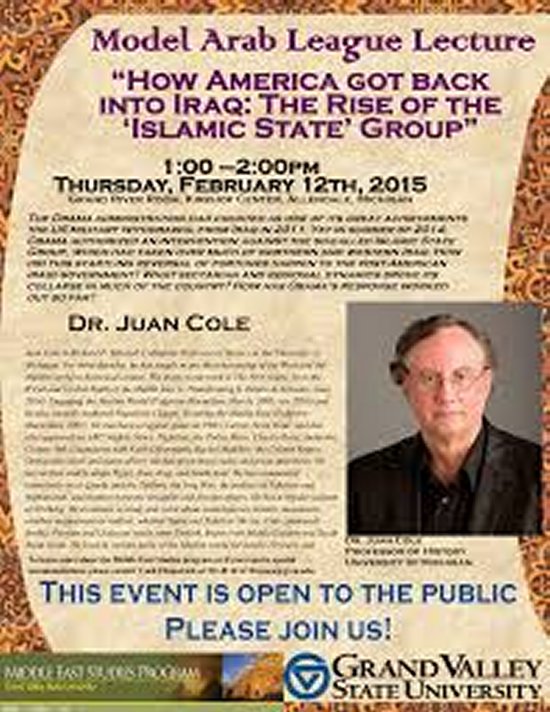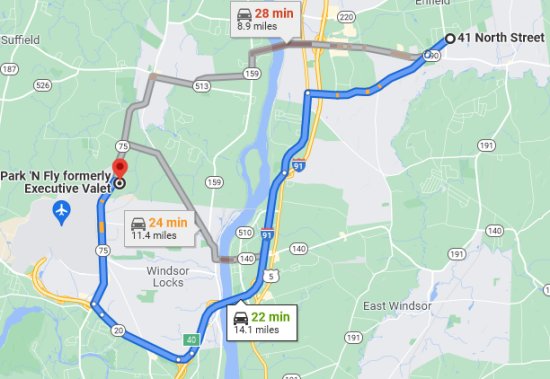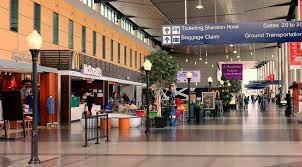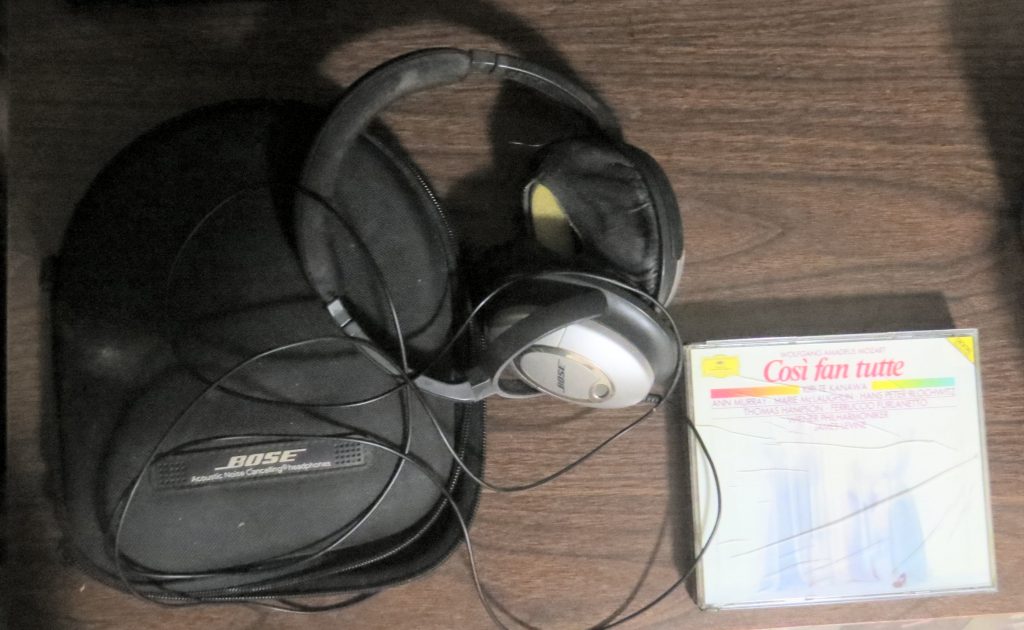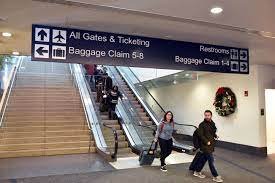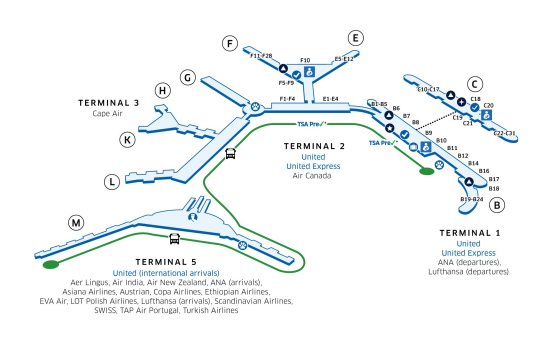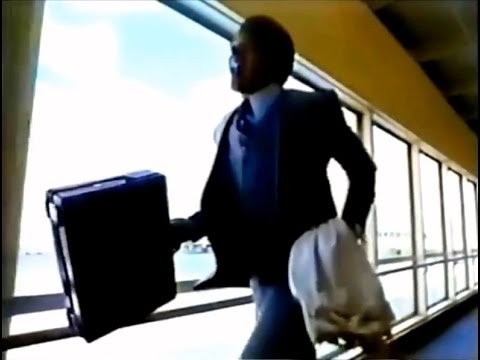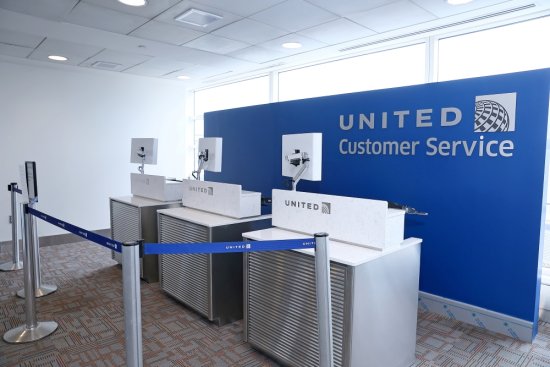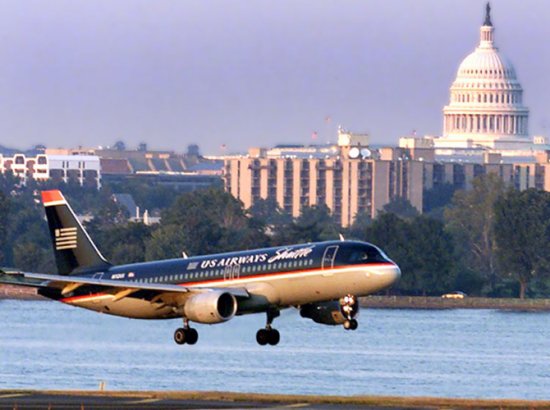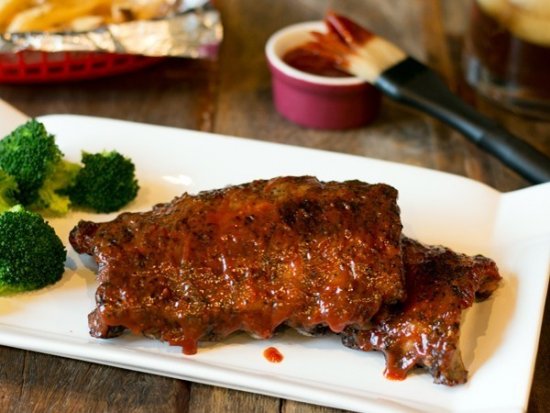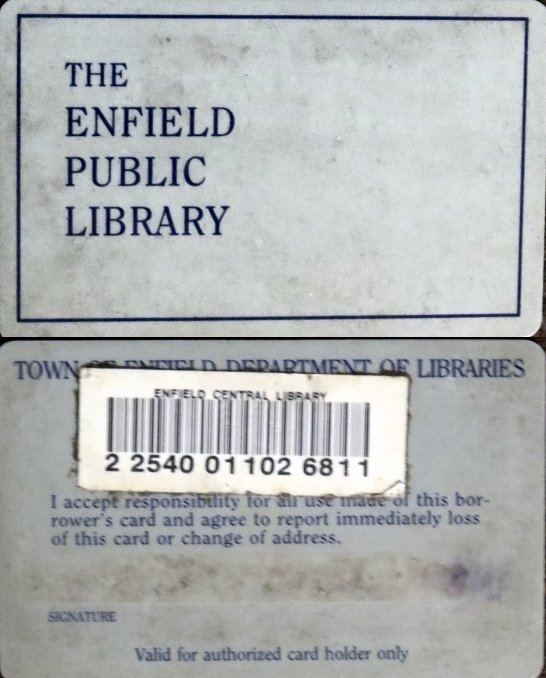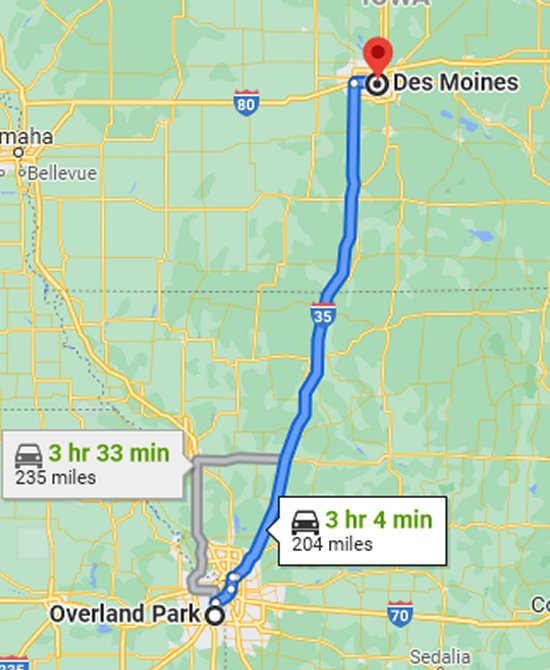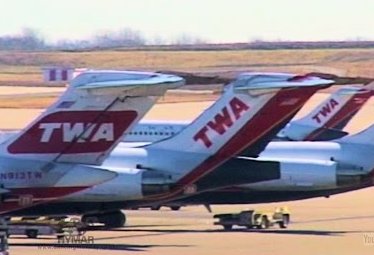Living with Covid-19 in 2021. Continue reading
I kept pretty good records of what my activities during 2021. I decided to arrange this entry in chronological order with separate entries for a few startling or momentous events.
January: 2020 was widely considered the worst year ever or at least in my lifetime, but it appeared that 2021 might wrest that crown away. It had the usual 365 days, but it felt like the longest year of all time. I had rather enjoyed the tranquility of the isolation in 2020, but by January of 2021 I really wanted to play bridge and see all of my friends again on a regular basis.
During the first few days of the new year no one talked about anything besides the election. I had become convinced early in the election campaign that Trump would try to start a coup if he lost. I was right. That story has been told here.
On the Pandemic front the big news in late 2020 was that three different vaccines would soon be available, but the schedule had not been published. The priority would be given to health care workers and then to those over 65.
We sufferers from trypanophobia were relentlessly subjected to photos of people with their sleeves rolled up as someone near them administered the shot (or “jab” as they called it in England).
On January 1 I played bridge online with Ken Leopold. We scored over 65 percent, one of my best scores ever. I still did not enjoy it.
On January 4, my sister’s 65th birthday, both of the Democrats were declared winners in Georgia. The Democrats seemed to be in control of both houses of Congress, but two of them, Joe Manchin of West Virginia and Krysten Sinema of Arizona, were not reliable votes. The former was in bed with Big Coal and conservative for even a Blue Dog, and the latter was just a narcissist.
On January 6 I played bridge with Ken again. This time we did horribly. When I get nervous playing online (sometimes because I am not yet used to the BBO interface), my left hand begins to shake.
Almost none of the rioters that stormed the Capitol wore masks. Deaths from Covid-19 were still averaging 4,000 per year. So, on top of everything else the insurrection was also probably a super-spreader event.
Ken and I had another awful game on January 8. This time I had an excuse. While we were playing, Sue was in the other end of the house and had a heart attack. She called 911, and an ambulance took her to the emergency room of St. Francis hospital. The doctors put in a stent. In January of 2021 hospitals were a very dangerous place. I was quite worried. I had long known that a day like this might come. Sue was quite overweight, and she knew that she had a mild case of diabetes for a long time. She never exercised, and her eating and sleeping habits were deplorable.
Expedia sent me an email that said that I had a credit with United Airlines. I had absolutely no idea what caused this. I looked at the header for the email; it seemed legitimate. At that point it seemed pretty unlikely that I would ever fly on United again. Unfortunately, the email got lost when I cleaned out my Outlook folders before moving to the Asus computer (details here) in 2023. So, I probably will never know any more about this.
I drove Sue home from the hospital on January 11. For the rest of her life she was required to administer insulin shots to herself and to take several types of heart medicine and a few other drugs for other chronic issues. She was on a fairly strict diet aimed at getting her weight down and her blood-sugar level under control. She could walk without assistance, but she had no stamina. She seemed worse a couple of days later.
She made an appointment with her primary care physician. The appointment with the doctor seemed to go OK. There might have been an adjustment to her drugs. I was required to wake her up every morning at 9 a.m. and to remind her when it was 6 p.m. After a while she figured out how to give herself reminders on her phone, but I still needed to awaken her every morning.
On January 20 Joe Biden was sworn in peacefully. At this point some right-wingers were claiming (with no evidence whatever) that the rioters (or at least the instigators) were actually from Antifa or Black Lives Matter or even the FBI. The FBI had begun searching for participants. There was an unbelievable abundance of video. Evidently for a lot of these bozos this was the culmination of a great deal of training and effort, and they wanted to make sure that they had mementos. Many of them would come to regret that decision.
On the 23rd I wrote in my notes that Sue seemed a little better, but she was still quite weak. She said that she could cook some, but she requested that I do the dishes. I agreed, of course, and there were several delicious but easy meals that I was comfortable preparing and cooking. I shopped for them, and she learned how to order groceries online.
February: On February 5 I played on BBO with Eric Vogel. We scored better than 54 percent.
Sue has rehabilitation therapy scheduled for the 8th, but she canceled it. She did that a lot when she had her knee replacement surgery a few years earlier. For a little while she tried to walk around on Hamilton Court. I joined her for a few of these jaunts. The cold air bothered her breathing for some reason. When it got warmer she went on little walks by herself, but she eventually stopped doing them. That was just the way she was. It would have done no good to nag her to exercise.
On the next day I played with Eric again. This time we scored better than 57 percent. I was starting to feel more relaxed playing online, but I still hated it. It was also the day that Trump’s trial in the Senate began. The first vote was on whether the process was constitutional. That passed 56-44 with six Republicans voting in favor. However, 67 votes will be required for conviction, and so it appears that he will walk again.
On the 10th Sue went back to her heart doctor. He put her back on Lasix to reduce the buildup of fluids. This seemed to help her a lot, but it made her go to the bathroom. It took her a bit of time to learn how to control this situation.
On the same day I went downstairs to walk a few miles on the treadmill1. It made a horrible sound, and I had to unplug it. After I thought about it, I became pretty sure that this was caused by the cats, Giacomo and Bob. They both took naps on the treadmill after visiting the litter box, which was also in the basement. A bit of litter might have stuck to their paws, then fell into the treadmill’s mechanism, and somehow made it jam up. In any case fixing or replacing it was not a job to be undertaken when all of society was under lockdown.

On the very next day I spent 100 minutes on the rowing machine that Sue had bought for me many years earlier. It gave me a sore tailbone. I brought down a small pillow and strapped it on top of the seat. I also brought down a pair of grey sneakers and permanently tied them into the footrest. It had bothered me that my feet slipped while I was rowing. This solved the problem.
Sue at some point in February had an anxiety attack. This was really the worst symptom yet. She had difficulty breathing for several minutes. This development meant that I had to keep bottled up my feelings about everything (including but not limited to my disdain for the pigsty in which we lived) or risk killing my wife. She got a prescription for this from one of her doctors. It seemed to work.
Over the next few days I spent some time doing our income taxes. I filed them electronically using “Free File Fillable Forms” and almost immediately received a refund from Connecticut. The federal refund did not arrive for several months. I can’t complain too much; the IRS did send a “stimulus” check of $2800.
At some point I dropped my Pixel 2 cellphone and cracked the screen. It still seemed to function correctly. This device, which I came to hate, continued to function until May of 2022. Its demise occurred somewhere in Germany and was described in detail here.
March: The 2nd was Sue’s 70th birthday. She was planning on throwing a big party, but she was definitely not up to it, and not many people would have been able to come anyway.
On March 15 Sue and I drove to a huge parking lot on Runway Rd. in East Hartford. There we received our initial Pfizer mRNA-based vaccine. It was a very quick and well-organized process overseen by members of the National Guard. The vaccine was reportedly more than 90 percent effective, which was incredibly high for a vaccine of any time. The number of new cases was already dropping in response to its availability.
A meeting of the District 25 Executive Committee (EC) was held via Zoom. Not much was decided. The big issue was whether the district would follow the American Contract Bridge League (ACBL), the locality, or nobody with regards to requirements for vaccination and/or masks.
On March 16 the weather was nice enough to walk five miles outside. However this was the last time in March that I was able to achieve that distance. Subsequent walks were cut short by pain in my right foot that seemed somehow to be related to the chronic tendinitis that I had in the IT band that ran from my knee to my hip (described here). This was quite upsetting to me.
On March 21 I posted the pre-registration form and deposit for our team for the Grand National Teams (GNT) qualifying tournament: Felix Springer, Trevor Reeves, Ken, and me. The qualifying games would definitely be held online on BBO. The national finals were scheduled for the summer NABC. Because that tournament had been canceled, the GNT finals would be held online.
On March 22 the Tournament Scheduling Committee (TSC) for District 25 (D25) met on Zoom. The plan was to hold the Ocean State Regional in Warwick on the week before Labor Day, if possible. The ACBL was planning to make a decision about sanctioning tournaments on May 22.
On the last day of March I made a long overdue appointment with my dentist, Dr. Coombs in Suffield. I later canceled the appointment because of fear of Covid-19.
April: No April fool jokes on April 1: The last blossom on the Christmas cactus appeared. The most remarkable story of the year concerned the mysterious injury to Sue’s cat, Bob. The details have been posted here.
April 5: I sent out an email composed by Sue Miguel to promote the online GNT qualifying tournaments that will be held at various times.
April 7: Bob seems nearly fully recovered.
April 13: Frances Schneider, the outgoing president of the Connecticut Bridge Association (CBA) asks me to take over her job at the end of her term. I declined because I was still doing a great deal of work for the district, and no one seemed to be taking seriously that I planned to resign those duties at the end of the year, and a great deal of effort would be required to replace me.
April 15: Sue and I drove back to East Hartford to be given the second Pfizer shot. I was once again amazed at how easy it was. I have always absolutely hated even the idea of shots, but this was not a bad experience. A fairly sizeable percentage of the population, however, has bought into the idea that the vaccines are some kind of plot generated by the Big State.
April 17-18: The GNT qualifier was held over a weekend online on BBO. In the first round on Saturday our foursome played in a four-way, which was necessary because there was no way to do a three-way on BBO. Because it was so easy to cheat on BBO, we were supposed to provide our own way of communicating visually (via Zoom or some other device). There were no instructions as to how this should or could be done. It was left up to the players, each of whom was paired up with an opponent in the way that is done in matches that used screens. .
In the first half of the first round we met Steve Meyerson’s team for a twelve-board match. I was supposed to set up some kind of communication with Bernie Bendiksen. I had played against Bernie a few times at tournaments, but I did not know him well. He didn’t know how to do it, and neither did I. So, we just played. I think that the other six people figured out a way to do it.
We won easily. The margin was 30 victory points. That meant that we did not need to play in the second half of the first round. We did not need to come back until after lunch.
Meyerson’s team won the second half of the morning. So, they got to play in the second round after the lunch break
In the afternoon we had another four-way. In the first twelve-board match our opponents were the team captained by Dana Rossi, who was also the person with whom I was supposed to establish verbal communication. Dana was from southwest Connecticut; I had played against him quite a few times at sectionals, but I had never been friendly with him. He provided me with a link to a Zoom feed that he was controlling. I signed in on Yoga, my convertible laptop. I played the match online on my desktop computer. I was uncomfortable listening to Dana Russo talking to a little girl, presumably his daughter. He told her that they take dead animals to the incinerator to burn them.
We won again, this time by 35 victory points. So, we qualified to play in the quarterfinals on Sunday. We were matched up against Brad Mampe’s team. I was paired with his long-time partner Steve Willner. I had played against them once or twice, but I had not conversed with either of them. They seemed to play very little except in this event. Steve ran the Zoom feed. They had previously played a version of the Polish Club (as, in fact, so had Dan and his partner, Adam Lally). In this match they played a fairly standard version of 2/1.
This was a twenty-four board match. We lost the first half by 11 victory points. Steve was not around when the second half began, but he showed up a few minutes later. Ken and I had some chances in the second hand, but we each misplayed one hand. We lost the second half by 24.
The Mampe team defeated the team captained by Dan Jablonski in the semifinals. Their opponents in the final match would be the Xiao team, whose captain was Victor. They would play a 48-board match for first place at some later date, but they were both guaranteed to qualify for the GNT.
On April 19 I sent out another email on MailChimp for Sue Miguel. When I attempted to remove everyone from the audience that I was using so that I could replace them with C players, Donna Cone’s record did not move. In an online “chat” someone from MailChimp told me it was because her record had been “cleaned”, which meant that the email address was no longer valid. I had obtained this address from the Rhode Island Bridge Association (RIBA) several years earlier.
After I sent out the email I undertook to print a coupon for $3 off of a box of cat litter. Thus began the great encounter with the Geek Squad that has been recounted in detail here.
On April 24 I walked 2.5 miles, but I had to quit at that point because of the pain in my right foot. The pain persisted throughout the evening.
The next day I sent out another email for Sue Miguel.
On April 26 I listened to a very disturbing podcast on This American Life about how right-wingers are sabotaging the effort to get the nation to a state of “herd immunity”, in which enough people have immunity that new infections cannot find new hosts. It has been posted here.
May: On May 2 I sent the following email to my friend, Bob Sagor (introduced here), the captain of the team that finished third: “The Xiaos won C. They can’t play in both flights. You may get to play in the NABC!”
On Thursday, May 6, I mowed the lawn for the first time in 2024. As usual, the Honda lawnmower started on the first or second pull. I needed to stop after completing the parts of the yard that face Hamilton Court or North Street. I sat, stretched the IT band on my right leg, and rested a bit. I then mowed the rest of the lawn.
The flowers on the daffodils and tulips in the neighborhood were withering. New Englanders said that the plants were “going by.” I had never heard this expression before coming to Connecticut, and I have never seen it in print.
On May 8 Brad Mampe’s team beat Victor Xiao’s team in the final match of the Flight B qualifying tournament by 50 Victory Points! The third-place match was won by the team thrown together at the last minute by my friend and occasional partner, Bob Sagor. In fact, Bob’s team did attend the tournament, which was held online. They added Felix to their roster.
On May 11 Sue somehow hurt her left foot. I gave her the ankle brace that I had used a couple of times when I had sprained my ankle. Also, her ears were stopped up. Neither of these conditions lasted very long, but they made her even more miserable.
On May 13 I walked five miles with only two stretch breaks in 70 degree weather. I considered that a big improvement! Giacomo was having trouble getting up the steps from the basement to the house. I hated to do it, but I was going to need to bring the litter box upstairs.
The was the day that the Center for Disease Control (CDC) eliminated the mask guidelines “for most”. This was strictly a political move. Hundreds were still dying every day, but an incredibly large number of people resented being told to wear them. Good masks were an effective means of reducing the spread of the virus. The CDC had fumbled the ball when they said that any sort of face covering would do. Only later did their spokesmen indicate that the N95 masks were many times more effective than ordinary cotton ones.
On Wednesday, May 26, I had placed my convertible computer, Yoga, on the floor next to the nightstand in the bedroom just before I took a nap. I then set my Big Bubba mug on the nightstand. It fell on the computer. Even though Yoga was closed, the impact cracked the screen. It was no longer functional.
Two days later I ordered a Microsoft Surface Go laptop from Best Buy. Before the Pandemic there was a Best Buy store in Enfield, but it had been closed. I had to drive to Manchester, CT, to pick it up. I did not give it a name.
On May 31 the Hartford Bridge Club reopened. Eight pairs played in a Howell. Masks were required (thank goodness!) because of the policy of West Hartford.
June: On the first day of the new month my new laptop would not operate. The screen was all black or dark grey. I could see the cursor, but i could not get it to operate. I made an appointment and drove to Best Buy in Manchester. The guy at the Geek squad desk was sanguine. He told me that “It uploads changes every Tuesday; something must have happened so that it could not reboot.” I asked him if I should make an appointment now for the following Wednesday. He advised me to hold the power key, which was the second one from the right on the top row, down for ten seconds.
On June 3 the TSC had a Zoom meeting. The district will try to hold a tournament in the week before Labor Day in Warwick, RI. This was exciting news. I sent out three big emails about Warwick.
That evening I found Bob in the basement. I deduced that he was able to climb up and down the stairs. I moved the litter box back to the basement.
Sohail Hasan, a partner from a tournament in 2019, sent me an email that asked me to play with him in Warwick.
On June 5 Chen’s team beat Mampe’s in a close match in the Flight A final of the GNT qualifier. That would really have been something if Mampe’s team had won both A and B.
The internal modem on my desktop computer stopped working, but I got the Belkin external modem to function. 52 people unsubscribed to my emails. That was a very high number. It was 94 degrees outside that day. I found that I could no longer tolerate long walks in temperatures above 90. When I was in my fifties I had no problems running in 100+ temperatures. It was still very hot the next day.
Sue told me that she has seen a white circle in the middle of her field of vision twice. This could be very bad. I certainly hoped that it didn’t happen again.
On June 8 I committed to play on July 1 with Felix Springer at the Hartford Bridge Club. I needed to avoid getting too many masterpoints because my total was very close to 2500, which was the cutoff for the GNT in 2022. I needed to be under that total for the roster that was published on August 6, 2021.
While researching for the blog entry about the Mark Twain writing contest (posted here), I discovered that Dorothy Clark was one of the judges. I played against her many times in Simsbury, and I was also her partner one evening, as described here.
June 12th was my third straight day of pain-free five mile hikes. I committed to play on 6/21 with Eric Vogel in club qualifying game for the North American Pairs (NAP).
The next day I committed to play at the HBC with Trevor Reeves on June 29. That game got canceled later.
On June 14 I discovered that Sue’s cat, Bob, was able to use the ramp that led from the basement to the cat door and thence to the back yard. So, he evidently no longer needed the litter box.
I played with Eric online on June 21. We were horrible.
I learned on June 27 that I did not need to report for jury duty. In 2023 I would be 75, which would allow me to avoid jury duty forever. I never served on a jury. I came close once. I was selected as an alternate for a civil case about an automobile accident. It was scheduled for two days, but one of those was canceled because of a bomb threat. I was unable to attend on the rescheduling date, and so I was excused.
6/29 Bob Bertoni (introduced here) died at 5:45 AM. This was very hard to take. Bridge in New England will have a very difficult time recovering without him. Over the subsequent years I have thought of him very often. His obituary was posted here.
Sue played bridge at the HBC with John Willoughby. After the temperature topped out at 97 degrees, a front came through with a thunderstorm.
6/30 I played with Felix at club. There were nine tables. We won with 62+%, and I earned my Q for the NAP qualifier.
July: A lot happened in July. On the first Sue and I drove to Bradford, MA, for Bob Bertoni’s wake. I had to let Sue off and park several blocks away. I saw Peter, Lois DeBlois, Carolyn Weiser, and Paula Najarian, who, to my great surprise, had white hair. A lot of the bridge players from the Eastern Massachusetts Bridge Association (EMBA) were also there. I introduced myself to Beth Bertoni and told her that I did not know what we were going to do without Bob. I really meant it, and in the ensuing months and years I learned that my concern was justified.
On the way back to Enfield we stopped for supper at O’Connor’s Irish restaurant in Worcester. I had to let Sue off again before I found a parking sport a good way from the door. This was our first night out in over fifteen months. We wore masks until the food came. Most of the other diners acted as if the Pandemic had never happened.
I had the chicken pot pie and a Guiness. It was good, but not a lot better than what could be purchased at the grocery store and reheated. It was nice, however, to be in public and see people who were having a good time.
It was raining lightly when I walked out to retrieve the car. By the time that we reached the Mass Pike there were torrents of rain. I drove almost all thee way home with the windshield wipers on at the highest speed. Most of the time I had great difficulty seeing the lane indicators. This was the worst occasion for summertime driving that I ever experienced.
It continued to rain very hard on the next day. Enfield seemed to get more rain than nearby locations. The back yard was flooded, and a few puddles were evident in the basement. Never in the more than thirty years that we had lived in Enfield had water seeped into the basement. I struggled to understand where it came from. Evidently concrete is slightly porous, and when the soil is very wet the water finds its own level.
Sue borrowed (or otherwise procured) a Sears Wet/Dry Vacuum and showed me how to use it. The puddles were eliminated rather quickly.
On July 9 Saul Agranoff asked me if I could help with the EMBA website. It had been designed and supported by Bob Bertoni. I supplied him with the email address of the contact person at Bob’s company, Megahertz Computer. I also explained that I had never worked on the EMBA website, had no credentials for it, and was pretty certain that it was significantly different from NEBridge.org.
On July 10 I received emails from District 25 officials who were concerned about new ACBL rules for tournaments. They evidently required masks on all players and a distance of nine feet between tables.
My notes said that on the next day the Connecticut Bridge Association (CBA) announced a sectional in Stamford. I could find no details about when this was scheduled to occur. This struck me as very peculiar because I was a member of the board in 2021 (and the previous eight years). To my knowledge we had no meetings whatever during the Pandemic.
My notes also indicated that on the next day that I sent email to my steady partners. Because a large number of emails were deleted when I converted to the Asus box in the fall of 2023 (described here), I cannot locate a copy of this email, but my recollection is that I wanted to set up a regular schedule for online play at the HBC on Tuesdays and Wednesdays.
On July 13 I played bridge at the H
BC with Felix. Quite a few players had difficulties with the masks. The most common complaint was that they caused glasses to fog up. I had bought ten masks for $10 at Shoprite. They were sold by Hanes and made of cotton and were washable. They probably stopped not even one infected particulate, but they did not bother me even a little.
Ben and Ginny Bishop provided decorated masks for members of the HBC. Sue ordered one. I don’t know what happened to it.
On July 15 I renamed the blog entries that chronicled the story of my life as The 1948 Project. It was a takeoff on the somewhat controversial 1619 Project that was sponsored by the New York Times in 2019 concerning the role of slavery in the development of the United states.
On the same day a $63.75 charge from Slice appeared on my American Express card. This was for three pizzas that the cellphone that was in my pocket apparently ordered while I was on one of my five-mile walks. The pizzas were delivered, but I had refused them because I did not place or confirm the order.
In an open pairs game at the HBC on July 20 Donna Lyons (introduced here) and I scored 62%. It was Maria Van der Ree’s 90th birthday.
On July 22 I played at the HBC with Joan Brault (introduced here). There were a lot of wild hands. Joan and I did not deal with them very well.
On July 24 Sue and I attended Maria’s birthday party. We found the event somewhat scary. No one was wearing masks. People had had enough of Covid-19, but the threat was a very long way from over.
Ken Leopold’s teenage son Sam had died at some point in July. I never learned the details. Sue and I attended the burial service in Avon. It was the first Jewish burial service that I had attended. A few people from the HBC were there: Ronit Shoham, Geof Brod, Y.L. Shiue, Marie Abate, and Felix Springer and his wife Helene. Ken gave a very touching speech about his son’s baseball heroics.
The virus had been raising its ugly head. On July 30 the ACBL responded by canceling all tournaments scheduled for August, which included the tournament that D25 hoped to old in Warwick. I immediately sent out an email with the same selection criteria as the on that I had previously sent to announce the cancellation of the tournament.
August: On August 2 I received an email from Viking (the cruise line) moving the departure date for our Grand European Tour to October 23. That would preclude attendance at the scheduled tournament in Mansfield, MA. I began investigating the alternatives.
My notes for August 5 say “Stood up by Joan. Had to drive back to pick up Sue Rudd.” I do not remember either of those events or what caused them. American Express reinstated the charges for the pizzas. I called, and they reopened the dispute. In the end I had to pay for one pizza. It was not worth it to fight this any more, but I deleted the Slice app from the Pixel 2. I have told this story many times, and I have yet to meet anyone else whose phone ordered anything for them.
After a Zoom call in the evening with Mark Aquino, who, after Bob Bertoni’s death, had decided to run for Regional Director, I felt very depressed about the future of bridge in New England and elsewhere.
On August 6 I rebooked the Viking tour to depart on October 11.
On the next day on behalf of Brenda Montague, the chair of the Nominating Committee, I sent out a set of emails to bridge players in New England soliciting volunteers for the job of vice-president. Trevor Reeves later talked with me about the possibility of applying. I don’t think that he went through with it.
On August 11 I attended the Zoom call with the three Regional Director candidates, David Moss, Mark Aquino, and Allan Graves. David was the District 24 Director from New York City. Allan Graves lived in St. Johnsbury, VT, but for years had only participated in NABC’s and international events. No one mentioned the word tournament. Allan argued that we should concentrate our efforts on trying to get people to play rubber bridge. I found the whole event very depressing.
After the bridge game on my 73rd birthday a bunch of people who had played in the game joined Sue and me for lunch at Effie’s Place. In attendance were Lea Selig, Susan Seckinger, Lois McOmber, Jeanne Striefler, Maria Van der Ree, and Fred Gagnon. We ate outside. I think that I had a Reuben sandwich. It was nice to have any kind of a social occasion.
The next day a “war room” Zoom meeting of D25 officials was held. Carole Weinstein, Carolyn Weiser, Jack Mahoney, Peter Marcus, Sue Miguel, Joe Brouillard, and Sally Kirtley atttended. Peter wanted D25 to cancel all tournaments for 2021 and 2022! Nobody took that suggestion seriously. The qualification tournaments for the NAP would be held online. Carole called the decision a “no-brainer”. I thought that it was a bad idea to decide that anything would be played online if an alternative was possible.
On August 19 I reluctantly voted for Mark Aquino for Regional Director. He won.
I learned on August 20 that airline reservations had been made by Viking for the trip in October. I started doing some serious research about the ports of call on the cruise, which would start in Amsterdam and end in Budapest.
On August 21 I sent an email to players in the vicinity of Simsbury to determine whether they would be interested in resuming the games of the Simsbury Bridge Club (SBC). It is posted here. I received a lot of positive responses.
The next day Hurricane Henri passed through Connecticut. Enfield received only a little bit of rain, but floods were reported in Vernon and Manchester.
On August 24 I learned that the SBC will have been turned over to Sally Kirtley as of September 15. Ken did not want to direct the games. I asked her to verify the schedule with Eno Hall before I announced it.
On August 25 I sent an email to SBC subscribers that we would not be allowed to validate vaccinations on site. I definitely did not want to play bridge with anyone who had not been vaccinated.
On August 30 Med Colket came up with a work-around. We could change SBC games to invitational instead of open so that I could validate vaccinations that were sent to me through emails. I could also automatically register players whom I had seen play at the HBC.
Aaaaargh! The U.S. has been removed from the white list by the European Union because of the recent uptick in the number of Covid-19 cases here. I began to wonder whether the cruise would be called off and, if not, whether we would be quarantined before boarding the ship.
September: On the first day of the month tropical depression Ida arrived in CT late at night. The rest of this heroic story has been told here.
On September 3 three European countries (Norway, Sweden, and Italy) began requiring tourists from the U.S. to quarantine. The problem was the new Delta variant was nearly twice as transmissible as the original strain, which had spread at an incredible rate before the vaccinations began. .
On September 5 the leaders of D25 were considering—via an exchange of emails—whether to cancel the tournament in Mansfield in November. Most people seem to be leaning in that direction.
On the following day Tom Corcoran, Sue and I decided to postpone the cruise until the spring because of the threat of quarantining in Europe. This would also allow Tom to spend his 70th birthday with his family in Vermont.
On August 8 the cruise was changed to begin on May 5 and end on May 22. Sue made the arrangements while I was playing bridge at the HBC. This period was chosen because no bridge tournaments were scheduled then. The new cruise started in Budapest and ended in Amsterdam. The other ports were the same or nearly so. This was not the last change in our plans, but I actually did go on the cruise on those dates. The bizarre details have been posted here.
On September 10 the HBC restarted the Saturday afternoon game. Peter Katz, my long-time Saturday partner, agreed to play with me.
On September 10 Sue and I went to the picnic for the Locke cousins. I sat by myself because I heard that some of the attendees had refused to get vaccinated, and no one in attendance wore a mask.
On September 14 for the first time ever my Honda lawnmower would not start. I later learn that there was gas or oil in the air filter. On the next day it started, and Sue hired a local guy to pick it up, change the oil, and check it out.
The inaugural Friday afternoon open game at HBC on September 17 drew only six pairs. I played with Trevor.
On the next day the first Saturday afternoon game at the reopened HBC was held. Both Mike and Susan Smith and Ken and Lori Leopold attended. There were five tables.
On September 20 I learned that changing the date of the trip had cost Tom $3K. I did not understand why, but there was not much I could do about it.
Giacomo surprised me by climbing back up on the couch. In his younger days he nonchalantly walked up onto the couch. He also executed a very tentative “mighty leap”2.
On September 21 the mechanic delivered the lawnmower and only charged $125. It ran very well. It was (and still is in 2024) the best lawnmower by far that I ever bought.
I realized on September 23 that I officially had exceeded my life expectancy at birth (73.1 years). I told people this at the HBC. No one seemed interested at all.
The cats had been acting weird for the last week or two. They no longer associated with each other. Bob stayed outside all day and night. He only came in only for meals or storms. Giacomo has returned to his throne on the back of the couch. He has taken to biting at his back legs and spine area. Who knows why?
On the same day the EC voted 9-3-1 to cancel Mansfield. I was the 1.
On September 24 the forecast on WTIC radio at 4:30 AM predicted a low of 75 and a high of 69.
The next day I discovered a sensitive spot on Giacomo’s back. For the first time ever he bit me.
On September 26 I was on the winning team of the first Swiss event at the reopened HBC. I played with Ann Hudson. Our teammates were Trevor, and Felix. We won by four victory points with a blitz in the last round against weak competition. I made made three bidding errors, but none of them cost us, and one helped us. 1♣-1♠-1NT-2♣–♥-2NT made 3; 2♣ by Ann was a relay to 2D (XYZ)3.Ann wanted to sign off in diamonds.
On September 27 I walked five miles without stopping for first time in months in perfect weather.
On September 30 I changed dentists because Dr. Peter Coombs did not take ConnectiCare. My new dentist was Dr. Bill Cummiskey.
October: On October 11 I canceled Chewy.com order of Advantage II, but it was delivered four days later. The charge was refunded on October 18.
On October 13 I saw Boris Godunov (an opera by Modest Mussorgsky recorded live in HD at the Met) at Cinemark4 at Enfield Square. Only one other person attended. Since that person was at least thirty feet away from me I took off my mask. I also saw two employees and one other person who was there to see a movie.
On October 15 I sent out the invitations for the first Simsbury game to 72 vaccinated people.
The next day Linda Starr helped me make boards at the HBC for the first game at Simsbury. Peter Katz and I finished first. There were only five other pairs, but it was a strong field. So far 4.5 tables are committed for the first game at the SBC.
On October 19 I got the points that I needed to finally make Gold Life Master even though I played poorly with John Calderbank.
Sally Kirtley set me an email that Eno “cannot accommodate SBC” on October 20. I had to postpone the first game, for which we had five tables.This was hard to take.
On October 20 I checked to make sure that everyone saw my email about the cancellation. Felix and Trevor agreed to play with Ken and me in the GNT qualifier next spring. HBC announced that it will drop mask requirement as of Friday. I had absolutely no intention of abandoning my mask.
On October 22 I discovered that Bob had a bump on his right shoulder that he did not like being touched. Sue was convinced that it was a bite. It did not feel like that to me.
I played with Sally Kirtley and learned that Eno Hall canceled our game because it did not have a janitor scheduled for October 20. Eight pairs had so far agreed to play on October 27.
On October 24 the HBC held its annual meeting on Zoom. Trevor had asked me to serve as a trustee, and I had agreed to a three-year commitment.
On October 27 Donna Feir let us use the boards that were made for the Tuesday night that was canceled because not enough people registered. It was Tom Corcoran’s birthday. Sue and I talked with him and his kids on Zoom. I copied the wrong .pbn5 file onto my thumb drive to give to Sally. I was ten minutes late at Simsbury because of Sue Rudd. Ken and I tied for first (out of eleven pairs) with Felix and Trevor.
On October 29 I discovered that Bob had one or two ticks.
November: We assigned November 1 as the birth date for two of our cats, Giacomo, and Woodrow. So, we celebrated Giacomo’s eighteenth birthday on 11/01/21. This was a big one. Both Woodrow and Rocky had made it to 18, but each died shortly thereafter. So, from now on Giacomo was playing with the house’s money.
In other cat news: Bob would not come into the house. Sue put food and water in bowls outside for him and made up a bed for him among all of her junk piled up outside of the blue door to the kitchen. Maybe he was afraid of Giacomo. Maybe he was afraid of me. Maybe he was just crazy.
On Tuesday, November 2. I drove into the HBC before the morning game and used the HBC’s dealing machine to make boards for the SBC game the next evening. John Calderbank and I then had a 59 percent game, a real coup for us.
I somehow managed to pull a huge tick off of Bob’s right shoulder. Sue claimed that he still had a smaller one on the left side of hs neck, but I had not seen it.
On Wednesday evening we had 3 1/2 tables at the evening game at the SBC. I had used the correct pbn file this time.
On November 6 the grey cat that sometimes roamed our neighborhood appeared. Bob stayed inside.
On November 7 an astounding sixteen teams played in the Swiss at the HBC! Food was provided, and the players were definitely ready to party.
I picked a second tick off of Bob’s right shoulder. I could not find anything on his left shoulder. This might have been the best day of the year at the Wavada household.
On November 12 Bob returned to the family. He got up on Sue’s chair without help while she was sitting on it. Sue was absolutely delighted.
On November 23 the first meeting of the new HBC Planning Committee was held on Zoom. John Willoughby, the new vice-president, ran the meeting. I learned that there would be a “rainbow” event for clubs in January. Gold, silver, red, and black points would be awarded 6
Sue has taken to sleeping on my chair in the living room because Bob would not leave her chair. Why, you may ask, does she sleep prefer to sleep on a chair rather than a bed?
On November 24 I sent a long email to the people on the EC to explain what I had been doing in my role as webmaster, database manager, and other things before the Pandemic. The rest of my frustrating but ultimately successful attempt to resign from these responsibilities has been described here in excruciating detail.
November 27 was another great day. U-M defeated Ohio State 42-27. Michigan had no takeaways and only punted twice. They had seven drives that ended in touchdowns. Needless to say, I did not watch the game, but I wished that I had. I feasted on lots of replays of the many highlights. Michigan finished the regular season 11-1 and would meet Iowa on December 4 for the conference championship.
11/29 For some stupid reason the TSC announced that it would meet on Zoom on December 15, a Wednesday evening. My protests that this was the ONLY time all week that Sally and I could not attend fell on deaf ears. I don’t know if Sally emphasized this, but I certainly did. was really upset about this.
December: Sue and I got our booster shots for the Pfizer vaccine at the local CVS.
12/3 I had a minor pain in my shoulder and neck; the only reason to mention it was because I had no known injuries there. The passport that I planned to use on the October trip would expire before I needed it for the rescheduled one in May. I had researched what was required. I took a photo of myself in the size and format required. I mailed it with all the other materials, including my old passport. The State Department did not accept the photo and sent the package back to me.
On the next day Michigan beat Iowa 42-3. The Wolverines were champions of the Big 10 for the first time since they started the championship game.
On December 6 the new stove that Sue purchased arrived and was installed. The burners are, in my opinion, much too hot, but I didn’t know what we could do about it. My neck felt much better.
12/7 I went to Walgreen’s and bought a new passport photo. They guaranteed that it would be accepted. Evidently there was a website that examined the image and validated it. I could not find my old passport.
The next day I found the old passport under my chair in living room. It had apparently dropped through the cushions. I mailed the forms back in.
Ken and I scored more than 72 percent at the SBC bridge game. That might have been the best score that I had ever recorded up to that point.
On December 10 I received Gold LM certificate from the ACBL and attached it to the east wall in my office below the other ones. I don’t expect to win any more
On the next Tuesday Donna Feir needed me to make boards for the morning open pairs game while she got the room set up. I did so. I only had time to make 5 boards for the Wednesday night game at the SBC. I made the rest of boards by hand. Unfortunately, when I did so I made boards #21 and 22 the same. Ken directed and Margie Garilli kept score on the BridgeMate.
On December 16 the EC voted on Zoom to move the Royal STaC to April of 2022, to cancel the Presidential Regional ordinarily held in February, and to hold two four-day regionals in May. One would be a free tournament structured along the lines of the Gold Mine held in 20197. The other would be open.
On December 17 President Biden postponed closing U.S airports to people from countries that were infected by the Omicron virus.
On December 22 I could not get dealing machine to work. At the SBC game we played using an old deck that had been given to me years earlier. The players did not like this much.
In the little shelf on the north wall of my office I found a package of McCormick’s Meat Marinade. On Christmas day I used it to marinate a spoon roast that Sue and I feasted on. I put Bob up on my lap both in the office and the living room. He really liked the former when I petted him with both hands, but I was not able to get much work done when I did so.
By December 26 Omicron accounted for 71 percent of the cases of Covid-19 in the US. The number of new cases eclipsed 200,000 per day. The holiday season turned into a super-spreader event.
I realized that I must be allergic to Bob—sneezing and blowing nose all day. I bought ten N95 masks at Home Depot for $23. The CDC finally admitted that simple face coverings were better than nothing, but the N95 masks were tremendously more effect
I encountered no problems whatever in making thee boards for the SBC game. I played with Felix in the open pairs game at the HBC. We almost won; one different decision against Tom Joyce would have done it.
On December 29 I had a 64 percent game in the open pairs at the HBC with Eric. In the last game of the year at the SBC 3 tables, Ken and I scored 65%.
On December 30 at an emergency meeting of the HBC Board of Trustees (BoT) on Zoom. Carole Amaio was a riot: “Can you hear me? I broke my wine glass. Shit!” We decided to require masks starting on Monday.
On December 31 over 500,000 new cases were reported, the most of entire Pandemic. The only good sign was the fact that hospitalizations and deaths were not as prevalent as with the original virus. However, both vaccinated people and those who had already had Covid-19 were susceptible to Omicron.
U-M lost to Georgia 38-11. The football team had a great year, but they were not (yet) in Georgia’s class. Four bowl games were canceled in 2021.
1. This treadmill was given to me by Tom Corcoran. My first treadmill was purchased second-hand from someone who had never used it. I found them on Craig’s List. The belt on that one broke after I had used it regularly in the winter and foul weather for several years. Tom brought the second one from his house in Wethersfield. His wife Patti had used it for a while. He somehow arranged for removal of the old one and installation of this much better one. Incidentally, I claim to be the only person who has ever broken two treadmills. Prove me wrong.
2. Giacomo was the only cat that we ever had who attempted to make the “mighty leap” from the couch on which he tended to spend his days to my easy chair where he liked to sit on my lap while I was watching television. When in September 2021 he executed the “tentative” version of the leap, I realized that his legs and body were so long that he could actually reach the armrest that he landed on by just stretching out to his full length.
3. XYZ is a kind of new-minor forcing. After any three bids 2♣ is a relay to 2♦, usually to show invitational values. A ♦ rebid is an artificial game-force.
4. In December of 2023 the twelve-theater Cinemark complex in Enfield Square closed for good. At that point it became a twenty-minute drive to see a movie or, in my case,an HD opera.
5. Files with the extension “.pbn” (portable bridge notation) can be read by the Dealer4 software that runs the dealing machine at the HBC. At first I had Linda make some of these files for me using software on the HBC’s computer. In 2023 I discovered free software available for download that allowed me to make them on my computer. In both cases the files generated were completely random.
6. I am pretty sure that the “rainbow” event was later called a Royal STaC.
7. The free Gold Mine never happened. I do not remember why.






















